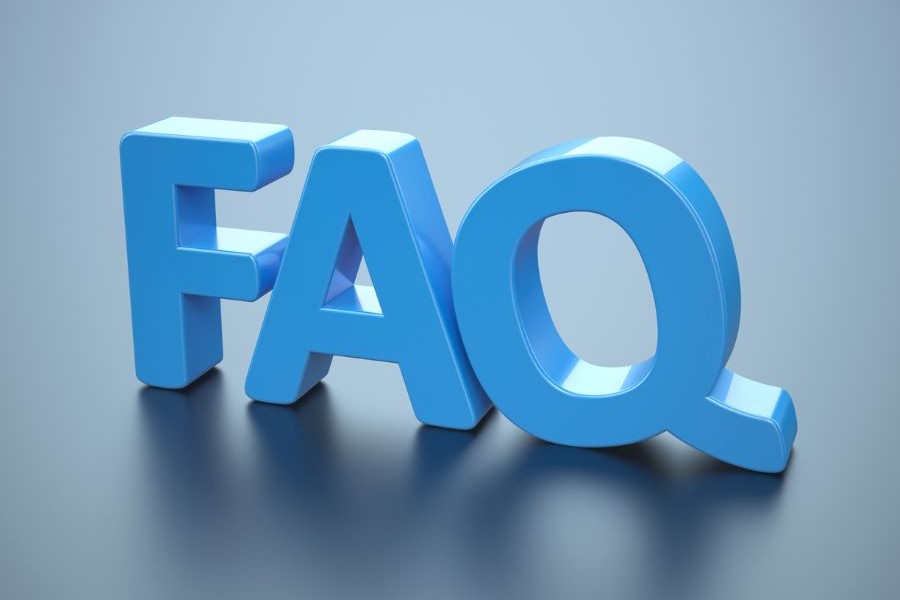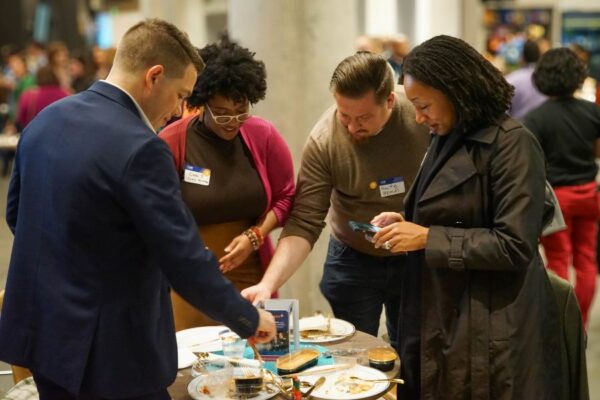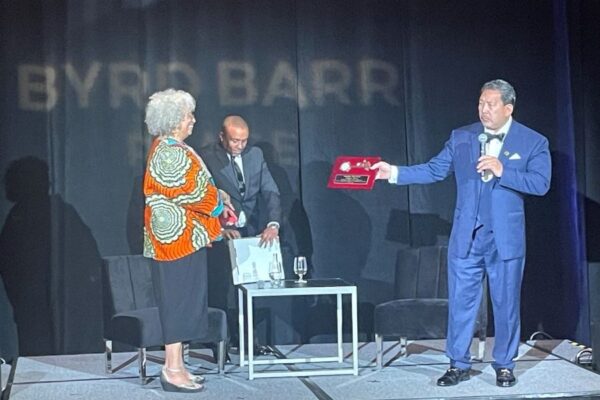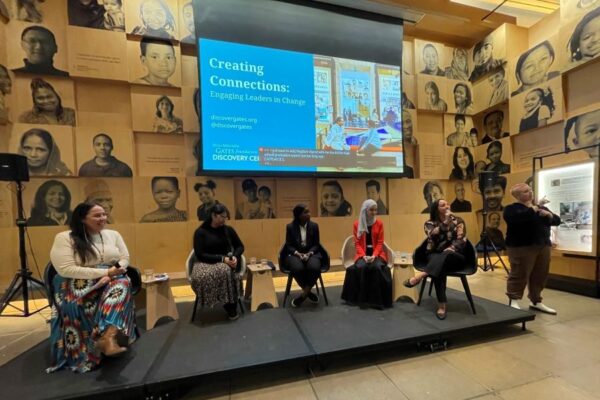Got Questions? We Got Answers! United Way of King County’s FAQ
“Why give to United Way of King County instead of a smaller organization supported by United Way?”
“What is United Way doing about homelessness?”
“How much of United Way’s funding goes to programs?”
At United Way, we get these types of questions all the time, and we welcome them! We know that, according to SmartAsset, the Seattle area ranks fourth in the nation among places where Americans give the most to charity. And according to Fidelity Charitable, the top three causes people here give to are human services, societal benefit, and education.
People here are as knowledgeable as they are altruistic: They want to know that their donations are going to make a lasting impact on the issues they care about most. That is why United Way has assembled five members of our Engagement Team, versed in the philanthropic landscape, to compile an FAQ with answers to the most frequently asked questions we receive from donors and donor prospects.
This blog post comprises five of the ten most frequently asked questions we receive. To hear responses to all ten questions, click on our Hourglass podcast.
Why give to United Way of King County instead of a smaller organization supported by United Way?”
Harold Baker, Jr., United Way Associate Director, Corporate Development: Often, I encourage people to donate where they feel more comfortable. When we think about United Way of King County and the role that United Way plays in our community, I’m reminded of 2020, when we had the COVID pandemic, and a lot of individuals were facing evictions because they couldn’t work.
Around the country, nonprofit organizations were set up to work with the federal government to accept rental assistance, and in some communities, they struggled to find organizations to take on that work. They struggled to access the money the federal government had made available.
In King County, United Way was able to assume that role for our community so that we didn’t miss out on any money that was available to our neighbors and our residents. United Way was also able to take on the burden of federal paperwork that could have drowned some of our smaller nonprofits, as well as to take on the role of coordinating with nonprofits across King County to make sure residents were able to access rental assistance from organizations they knew and trusted.
__________________________________________________________________________________
What is United Way doing to solve homelessness?
Connor Walsh, United Way engagement manager: I hear this question, especially from folks who are loyal donors and loyal supporters of United Way. As a reminder, about 20 years ago, United Way of King County set out with a really bold vision, and that was to work toward ending chronic homelessness in our community. Fast forward 20 years, and obviously that hasn’t happened. And I think that there’s a lot of frustration out there that folks feel that we haven’t done enough to help people experiencing homelessness.
I will say, though, that as an organization, we’ve learned a lot in the past two decades since we’ve been doing this work in the homelessness space. We are now leaning into some programming where we can have the biggest impact around homelessness, and that’s ensuring that folks don’t fall into homelessness in the first place.
__________________________________________________________________________________
With the services and support United Way provides, how can it ensure that it’s empowering people and not enabling people?
Lindsay Harper, United Way chief philanthropy officer: The way that I responded to this was by talking about a longitudinal study that was done in Colorado around homelessness. They assigned social workers to individuals being supported, and they were able to capture information about whether the need was valid—whether that person actually would benefit from the wraparound services and support.
They found that 95% of the people who received services were actually in need, and 5% were entitled or taking advantage of the system. And I said that for me, if it means 95% of people are receiving what they need, I’m willing to take the chance on “enabling” the other 5% because that’s what it means to be a good community partner and to take care of those who need support.
_________________________________________________________________________________
What is the best way to make a gift to United Way? Via check? Online?
Jennifer Trice, United Way Principal Gift Officer: You can do either! But I would also invite people to think about making a gift from an asset, which is just a way to say a non-cash gift. For example, you can give a gift of stock or a gift from a donor-advised fund. And a donor-advised fund is a charitable savings account where you invest your funds. You make a donation to that donor-advised fund, and you get a tax break when you make that donation.
_________________________________________________________________________________
How much of United Way of King County’s funding goes to programs?
Gary Rubin, Director of Major Gifts: The answer is that 98% of our total funding that comes to United Way of King County goes directly to support programs, and these programs are led by nonprofit partners of United Way of King County that work directly on the front lines to support our underserved communities.
Many of these nonprofits don’t have the fundraising arms or the backend administrative team that United Way is able to provide them to support their work in our community.
Again, check out the podcast, and if you don’t see a question that you’d like to ask, email us at hourglassunitedway@gmail.com. We will make every effort to answer it in a future podcast!





Comments